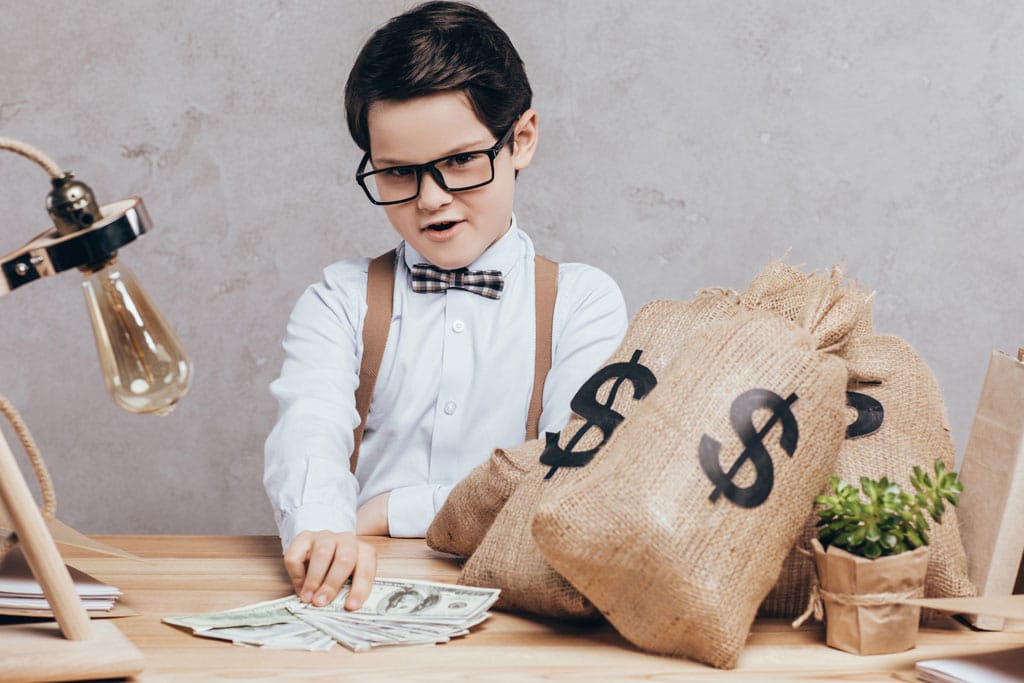Many people think that the rich don’t pay their fair share of taxes. As a result, the middle class and poor end up paying more of the tax burden. Is it true that the wealthy don’t pay their fair share of taxes? Many sensational news stories and politicians say so. But let’s look at the facts. Let us explore the history of tax policies in the US, look at how much people are actually paying, and show that this is just a myth.
It’s important to know the truth about this myth since it affects public beliefs and choices. We can make sure our tax system is fair for everyone – no matter how much they earn – by looking at the facts.
Historical Context
Tax policies in the United States have evolved significantly since the nation’s founding. In the past, the government used taxes on imported goods and taxes on certain products to get money. The Civil War brought in the first income tax to fund the war. It was taken away once the war ended.
In 1913, Congress was given the power to tax income through the 16th Amendment. This made way for the modern tax system we have today. Initially, the income tax only affected the wealthiest Americans, with the top tax rate at 7%. As the country struggled economically, the government needed more money. So they added more taxpayers and raised tax rates.
Today, the U.S. The tax system is designed to be fairer for those who earn less money. People who make more money pay a higher percentage of their income in taxes. Does the system actually make rich people pay more taxes as it was intended?
Taxation Statistics
To determine if the rich are paying their fair share of taxes, we need to examine the data. The IRS reported that in 2018, the richest 1% paid 38.5% of federal income taxes, and the poorest 90% paid 29.9%. The rich contribute a big part of the taxes the government gets.
The rich pay many types of taxes, like income, capital gains, estate, and property taxes. Here’s a breakdown of how these taxes impact the wealthy:
- Capital gains taxes are taxes that you pay when you sell stocks or real estate and make a profit. The richest 1% pay around 75% of capital gains taxes.
- Estate taxes are a fee on transferring wealth after someone dies. Only a few rich people have to pay the estate tax, as it applies to a tiny portion of estates.
- Property taxes are taxes you pay on the value of your property. Homeowners and landlords usually pay property taxes. Property taxes impact everyone, but the wealthy have pricier properties and pay more taxes because of it.
Consequences of the Rich Not Paying Their Fair Share
- The rich not paying their fair share of taxes makes the middle class and poor have a harder time. This makes the society more unequal and divided.
- Tax inequality hurts the economy. It lowers government money, so public services, infrastructure, education, and healthcare get cut.
- Tax inequality can cause problems for regular people, as we saw in the 2008 financial crisis. The austerity measures that followed hurt many too.
